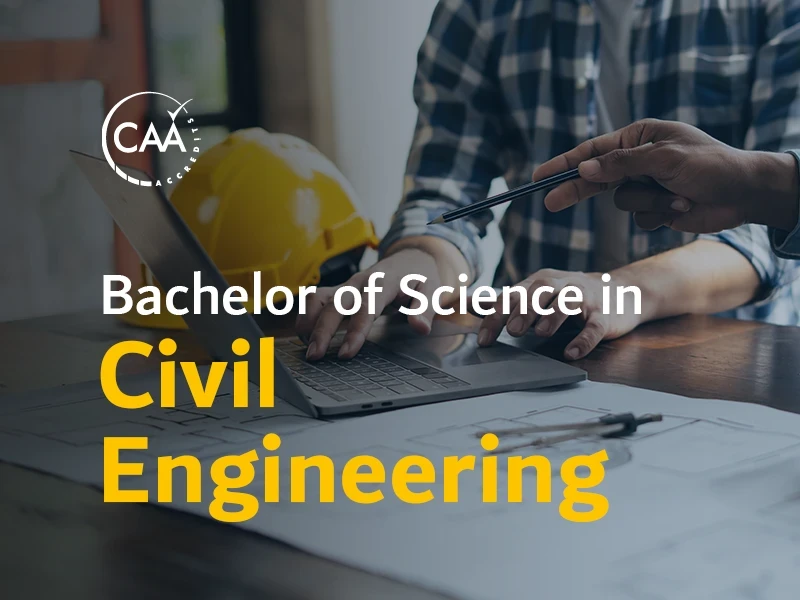
Being a Civil Engineer means working on planning, designing, building, and maintaining public works like buildings, roads, bridges, airports, canals, dams etc. Civil Engineers are trained to solve the natural and physically built environment's design, construction, and maintenance concerns.
A Civil Engineer applies scientific knowledge to improve infrastructure and standard utilities that meet basic human needs. They are often responsible for large teams involved in project design, planning, and construction that requires regularly meeting and collaborating with various team members comprises of surveyors, construction managers, architects, and planners.
Pushed by the constant desire and challenges of both developed and developing societies to improve their standard of living and economic strength, there will always be a high demand for civil engineers. To thrive in this evolving field, a strong educational foundation is essential, and courses, such as a Bachelor’s degree in Civil Engineering, can be a key step toward building a successful career.
The Bachelor of Science in Civil Engineering degree at Amity University Dubai gives students the opportunity to build their careers in various roles in the construction sector.
Programme Learning Outcomes
On successful completion of the Bachelor of Science Civil Engineering program, the graduate will be able to:
- Identify, formulate, and solve complex engineering problems by applying principles of engineering, science, and mathematics.
- Apply engineering design to produce solutions that meet specified needs with consideration of public health, safety, and welfare, as well as global, cultural, social, environmental, and economic factors.
- Communicate effectively with a range of audiences.
- Recognise ethical and professional responsibilities in engineering situations and make informed judgments, which must consider the impact of engineering solutions in global, economic, environmental, and societal contexts.
- Function effectively on a team whose members together provide leadership, create a collaborative and inclusive environment, establish goals, plan tasks, and meet objectives.
- Develop and conduct appropriate experimentation, analyse and interpret data, and use engineering judgment to draw conclusions.
- Acquire and apply new knowledge as needed, using appropriate learning strategies.
50%scholarships available

























